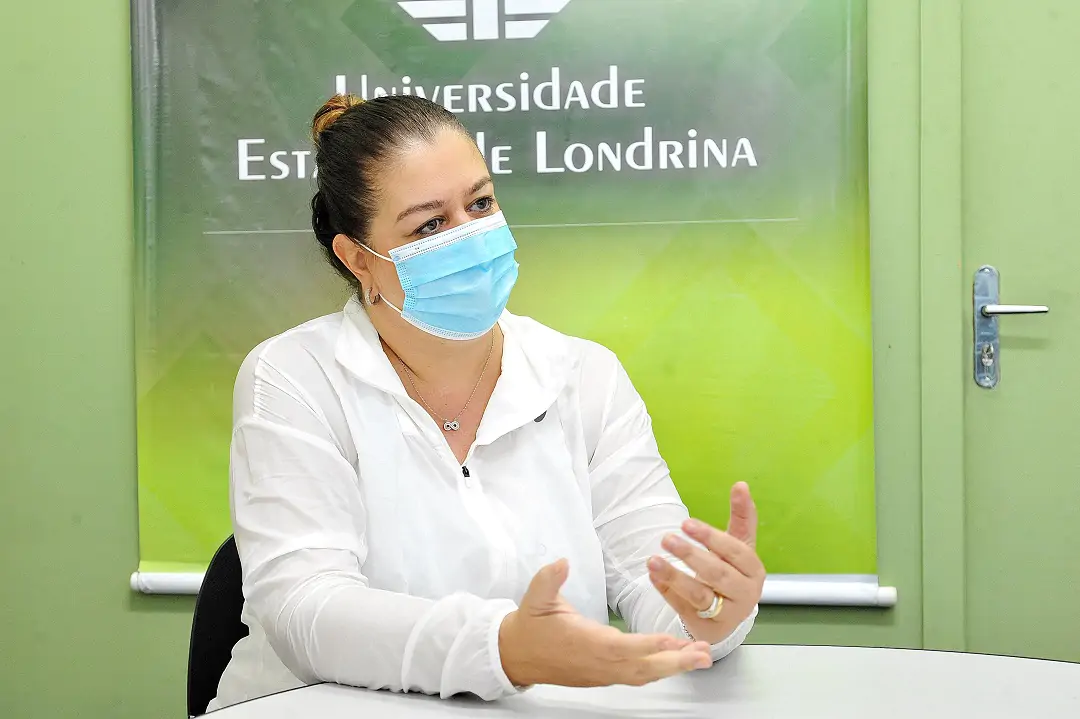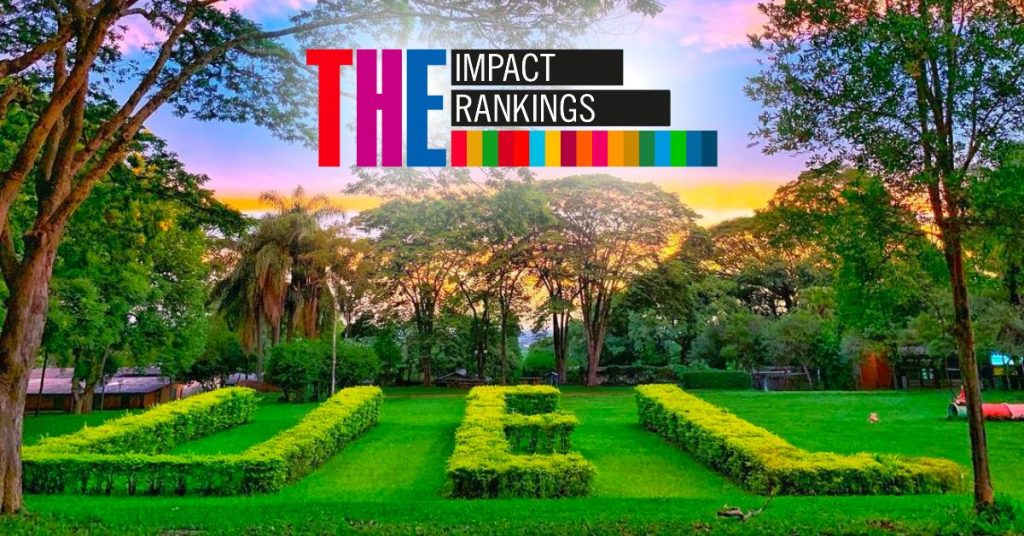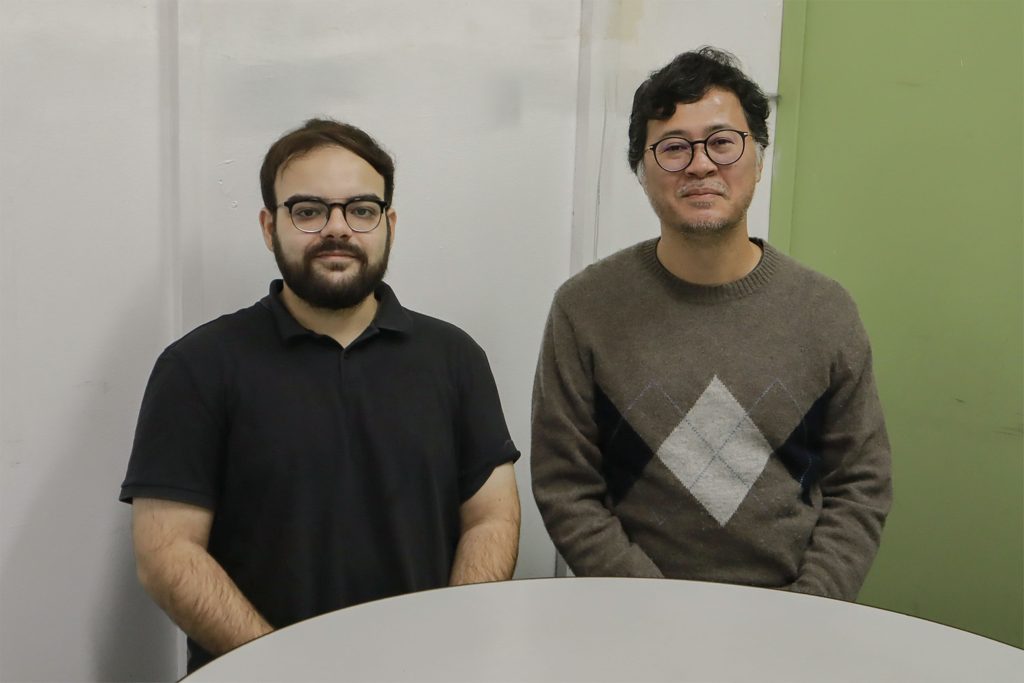[EN] Biolaw: A science for setting boundaries
[EN] Biolaw: A science for setting boundaries
The project “Bio-legal business: technologies and the civil law” is linked to the postgraduate program in Business Law at State University of Londrina (UEL), in the field of biolaw.The discussion is old and always renews itself: where do the rights of an individual begin, before another and before the collectivity, and where do they end? The most recent debates have been concerning the right not to be vaccinated and the right to demand a health passport. Biolaw, however, goes much further, driven by a series of new factual situations resulting from scientific and technological advances. Those advances occur particularly in the field of health, and legislation is unable to keep up with them since the process of creating laws is much slower due to its political and legal dimensions.
Professor Rita de Cássia Resquetti Tarifa Spolador, from the Department of Private Law at the Study Center for Applied Social Sciences, has been studying biolaw since her specialization and deepened her investigation during her Master’s Degree, at UEL, and her Doctorate, at Federal University of Paraná, completed in 2010. As progress goes on, Law is always being challenged. Thus, for more than three years, she has been managing the research project “Bio-legal business: technologies and the civil law”, linked to the postgraduate program in Business Law at UEL. The professor had already managed a previous project, “Biolaw in contracts”, which was more generic.
Now, it is a matter of seeking and analyzing contracts with innovative features that find loopholes in the legislation. For example, a contract for the donation of genetic material, which requires a series of responsibility definitions: collection, safekeeping, transportation, conservation and disposal. The National Biosecurity Law (law No. 11.105/2005) was an attempt to avoid such loopholes, but it is not enough to cover all the cases.It establishes safety standards and inspection mechanisms for activities involving genetically modified organisms (GMOs) and their byproducts. Some cases are also regulated by the Federal Council of Medicine, but that is still not enough.
“Biolaw serves, then, to interpret issues that need boundaries, for tormentous issues, tragic choices that sometimes people need to make”.
Professor Rita de Cássia Resquetti Tarifa Spolador, member of the Bioethics and Biolaw Commission of the National Bar Association of Brazil.
Biolaw, according to Rita de Cássia, is an autonomous science that complements bioethics, an interdisciplinary study that deals with the ethical implications concerning life, human or animal, and the environment. “Biolaw serves, then, to interpret issues that need boundaries, for tormentous issues, tragic choices that sometimes people need to make”, explains the professor, who is a member of the Bioethics and Biolaw Commission of the National Bar Association of Brazil.
She gives another example: the storage (freezing) of the newborn’s umbilical cord blood, an expensive procedure widely adopted years ago. The idea was to have a bank of stem cells available in case the child had a subsequent disease that could be treated with them. The effectiveness of this technique has been called into question, and it has generated contracts that have been analyzed by both the Judiciary and by students, as the professor takes them to the classroom for discussion.

Living Wills
There are also the so-called advance directives, also known as “living wills”. They are not exactly wills, from the legal point of view, because they do not always refer to a will to be fulfilled postmortem. For example, the desire not to undergo some kind of treatment or procedure, anticipating that, when it happens, you will not be able to make a decision.
A large number of women with pregnancy difficulties seek out clinics for assisted reproduction, and the treatment requires a contract between the parties, especially because of the frozen embryos. The professor considers a hypothesis: a couple starts treatment, freezes embryos, but then the couple divorces and no longer agrees on what to do. What happens to the embryos? Disposal is prohibited by law. Surrogacy contract is another example.
Production
The studies developed in the project have been presented at scientific events and even awarded, as was the case at the 16th edition of the Toledo Undergraduate Research Program Meeting (Presidente Prudente, São Paulo), in September 2021, with a paper precisely on the doctor’s duty to inform in the context of the new coronavirus pandemic. It is an emblematic case for biolaw: the individual’s right to confidentiality versus public health. Law No. 14.289, from January of 2022, obliges confidentiality about the condition of people infected with the HIV virus and chronic hepatitis. But what about those infected with the coronavirus? Health passport? Issues for biolaw to solve.
In addition to the events, the project generated publications: six books have already been released and the seventh is currently being produced.
Tradução: Nathalia Fonte e Giovanna Sanches. Revisão: Lívia Seneda. Orientação do Centro de Escrita: Patrícia Lúcio.
Versão em português: Uma Ciência para definir limites




